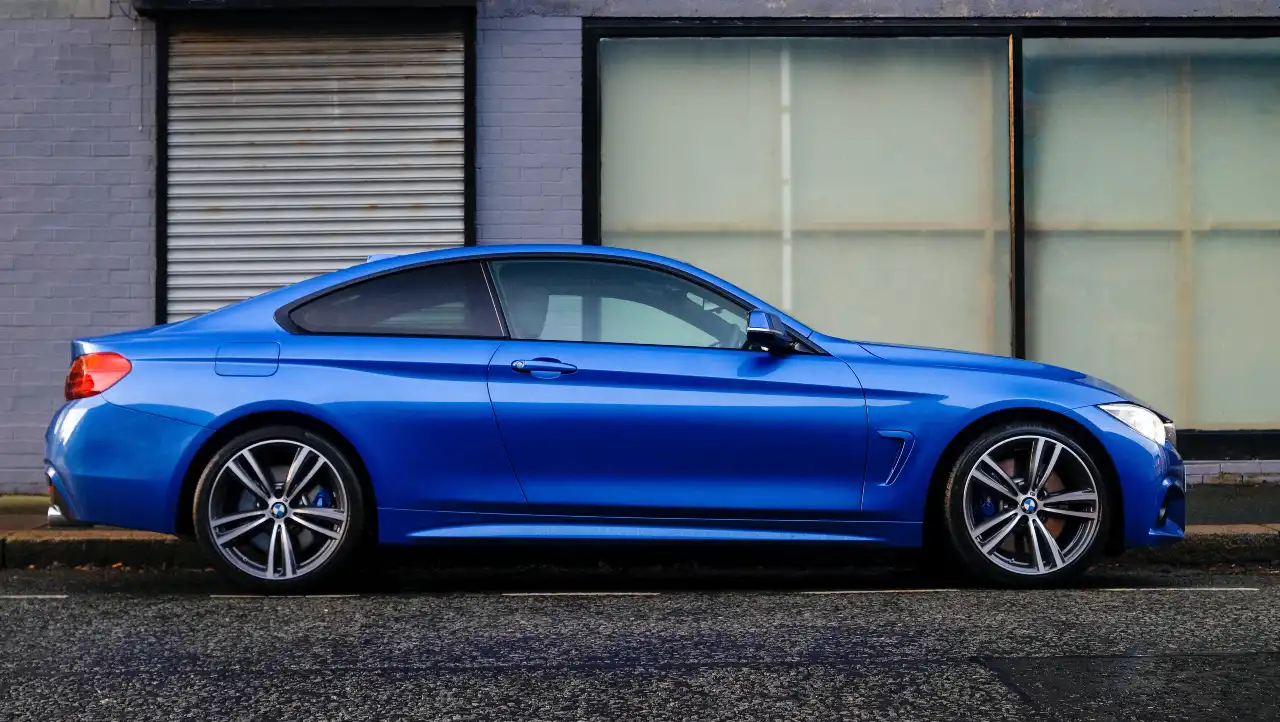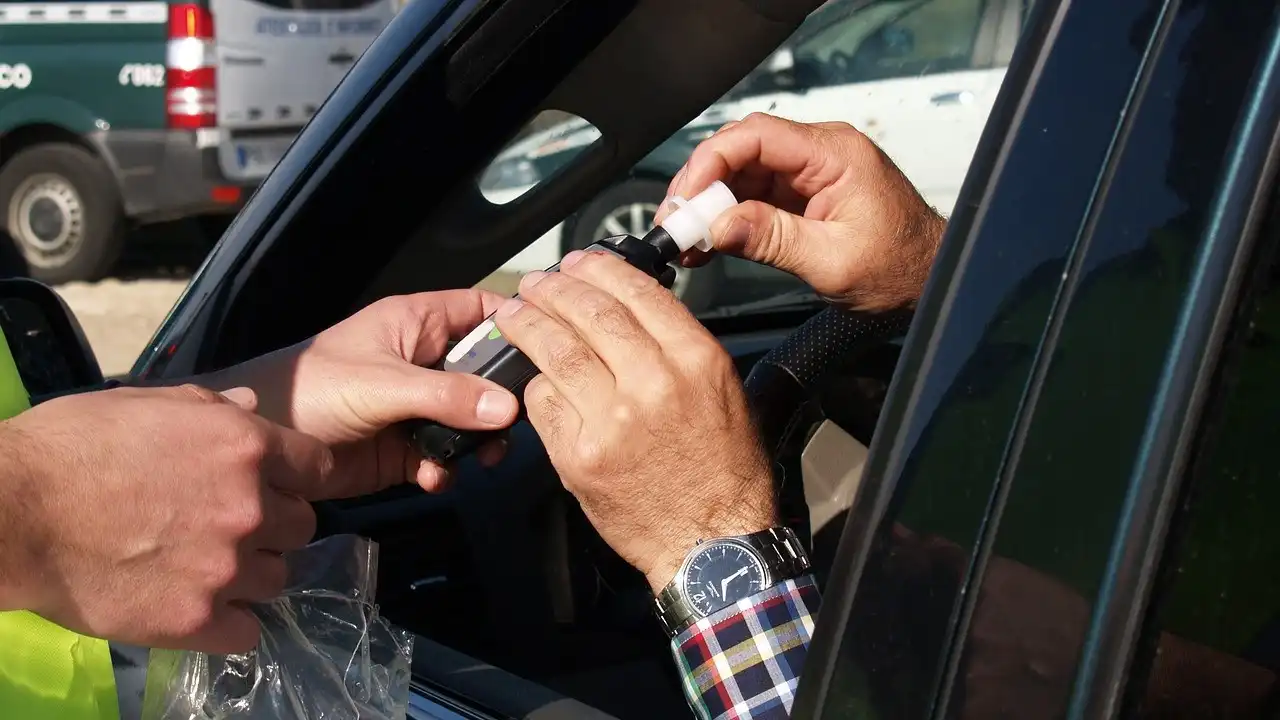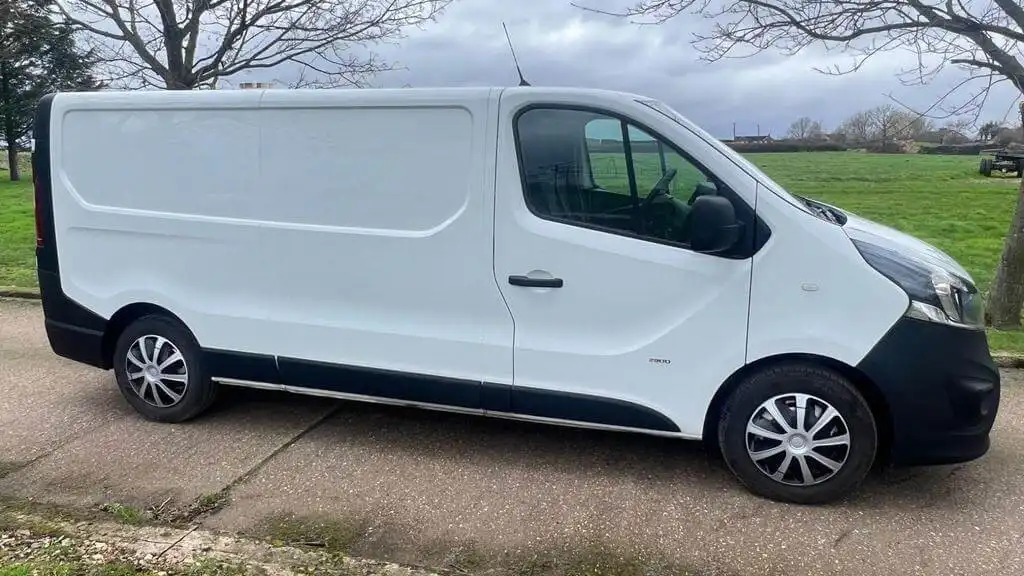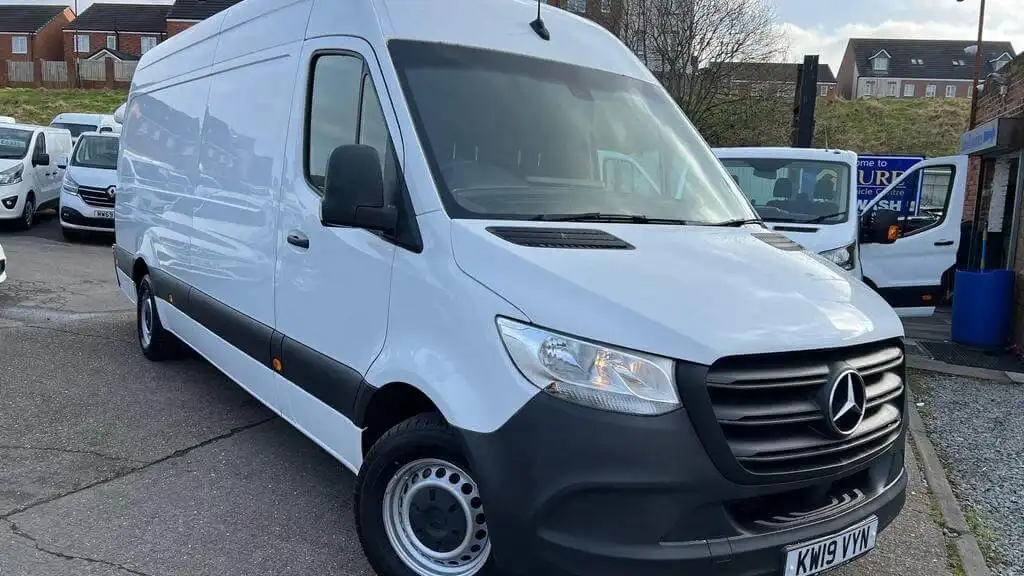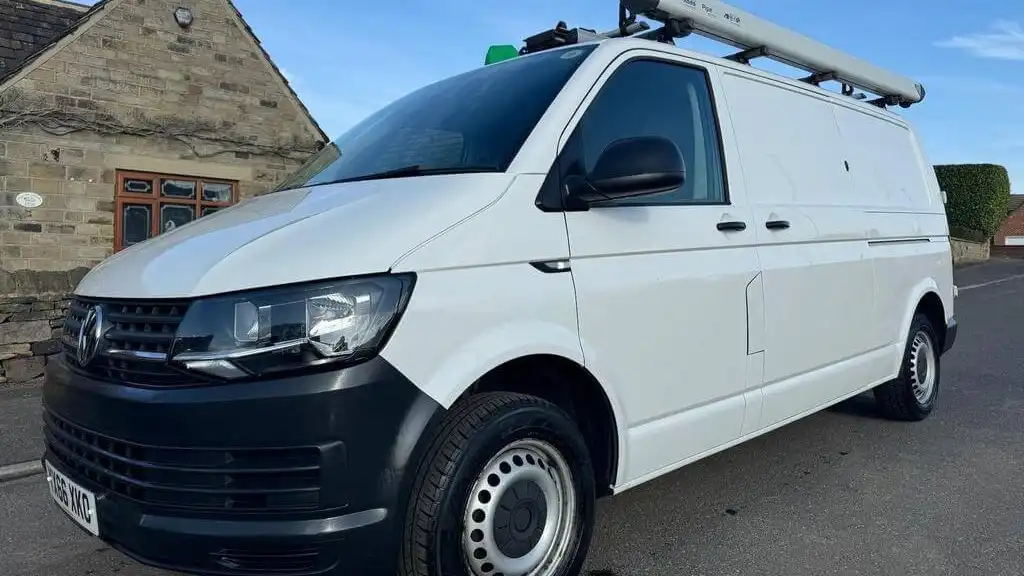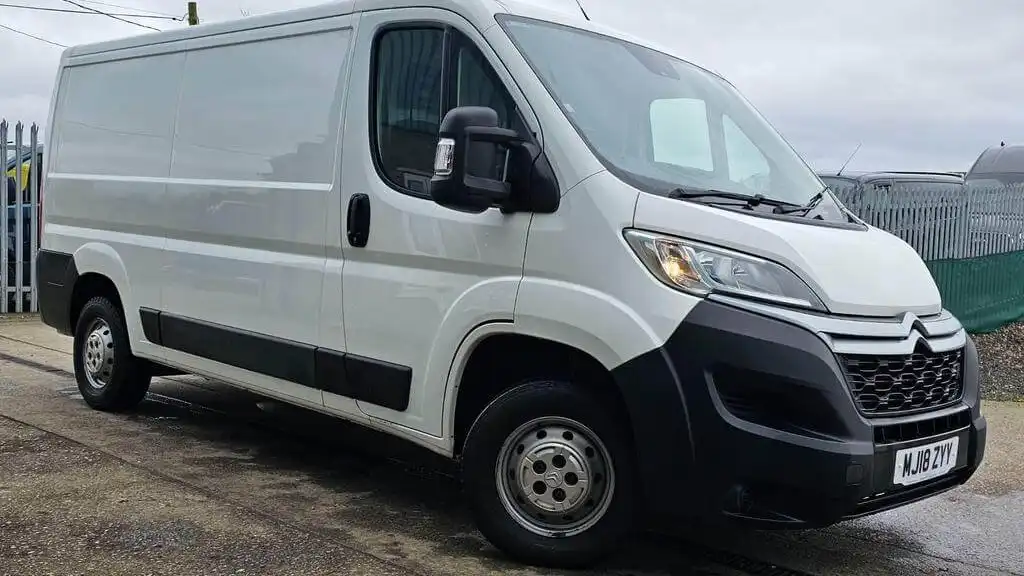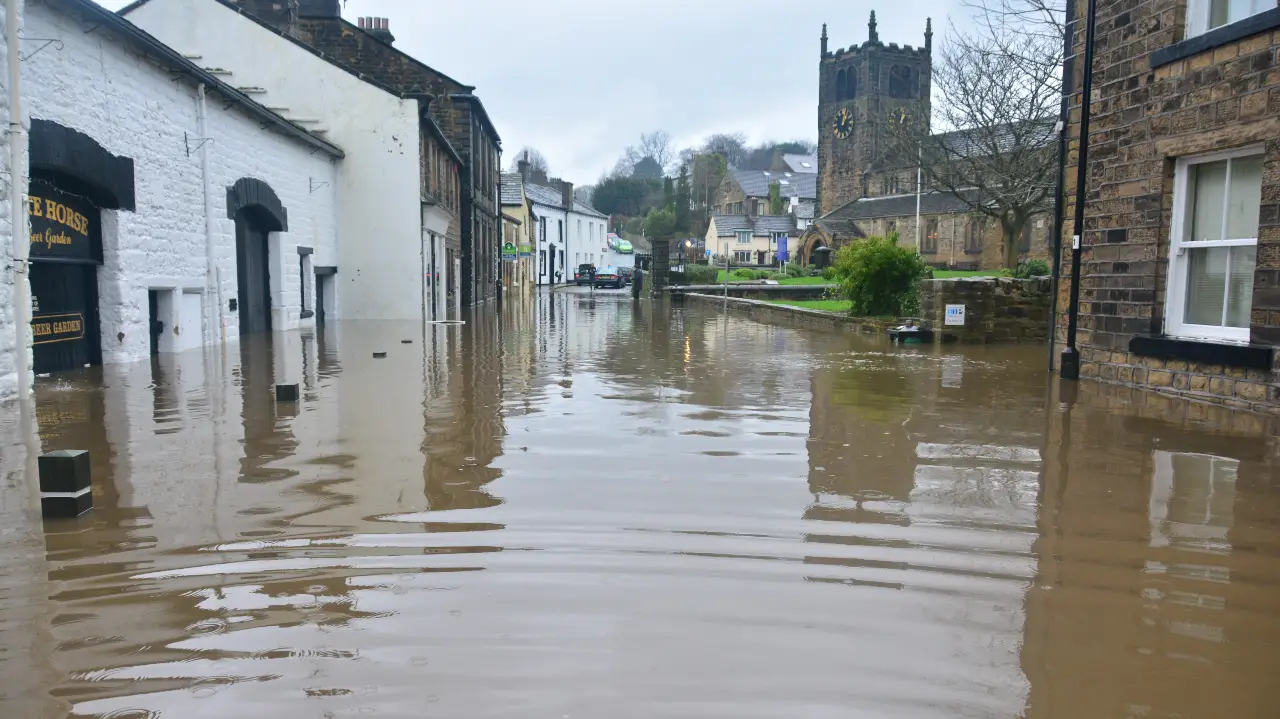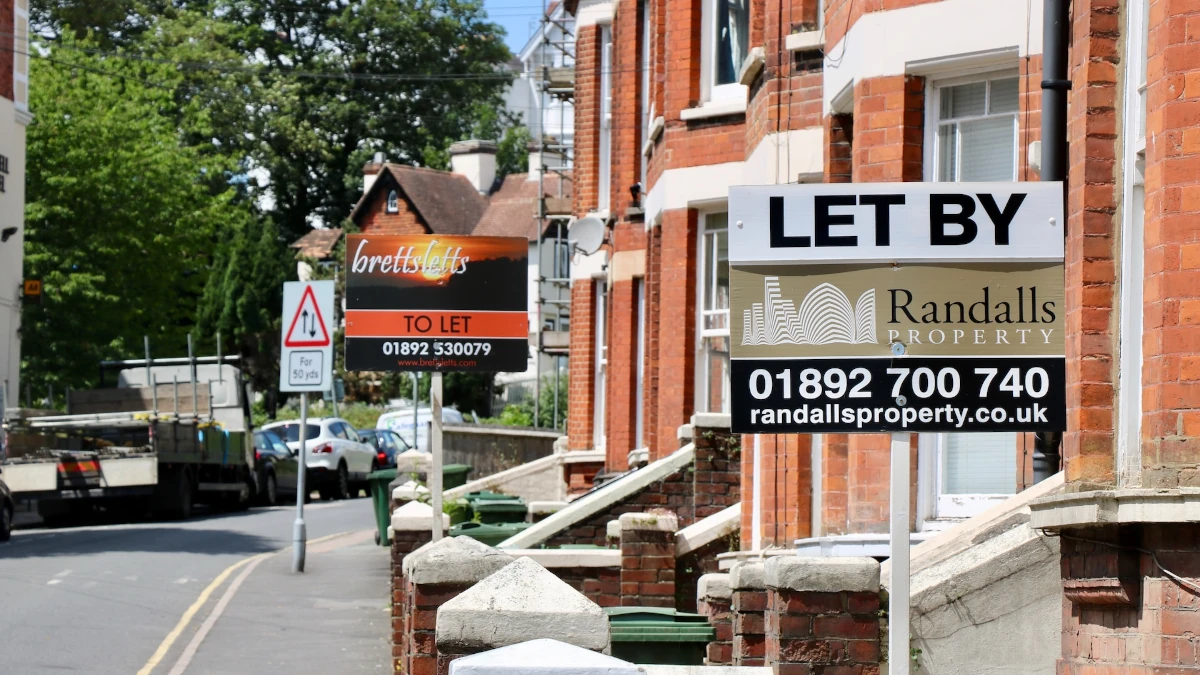Insurance can be tricky. These days, there are so many different types as well as plenty of people around that will scare you into taking out insurance that might not be best for your needs. Read our guides to find out how various types of insurance work, whether you need a particular type of insurance and how to reduce your premiums.
How does insurance work?
Insurance is a way to manage risk. It protects you or your assets (such as your car, home or your business) from unpredictable events that may cause damage, loss or theft. Insurance works by transferring the risk of financial losses from an event or events to the insurer (instead of you) in return for a fee.
If an event occurs that an insurer has specified that they will cover, you can claim on your policy for a payment or service as compensation for that event. For example, if your car is stolen, you can claim on your insurance policy for the current value of the car. They usually send you a cheque or bank transfer once you have agreed on the amount. If your home has been damaged, for example due to a water leak, your insurer can arrange for work to be carried out to repair and restore your home to its original condition.
To stay covered by your insurance policy, you must keep paying your fees, or premiums. If you don’t, in the event that you make a claim the insurer will likely decline and you will be liable for any damage or replacing any stolen items.
It’s also important to answer all of the insurance company’s questions truthfully when you take out a policy. This is because if you make a claim and your insurance company considers that you failed to mention information regarding your or your property’s condition, they may not pay out. For example, if you take out a home insurance policy and your property has suffered from subsidence in the past, you must tell them. If you don’t, they might not pay out on a future claim for subsidence.
What is the cheapest way to get insurance?
The cheapest way to get insurance is to follow a few easy steps:
Never auto-renew
If you already have an insurance policy and need to renew it, never auto-renew. It’s very common for insurers to charge more on renewal, so you can often save by moving to a new company.
Shop around
Search for a new insurance policy on comparison websites to get an idea of how much new cover should cost you. Policies on price comparison sites are usually very generic policies, so often the price will increase once you tell the insurance company about your specific circumstances. However, using these websites is a great way to give you a benchmark cost.
Pay annually if you can
The cheapest way to pay for your insurance is annually. If you pay in monthly instalments, you are essentially taking out a loan – and you’ll be charged interest on top, sometimes as much as 40% APR. Pay all in one go and you’ll avoid these extra costs.
Get quotes in advance
It’s always best to get quotes in advance of your insurance policy renewing than waiting until the day you need to start your policy. According to Money Saving Expert, quotes for car insurance are cheapest 20-26 days in advance, so it’s worth planning ahead.
Disclaimer: This information is intended for editorial purposes only and not intended as a recommendation or financial advice.
Car Insurance
Find out how you can save on your car insurance. Compare over 100 car insurance providers to find cheap quotes no matter what your age and experience. Young inexperienced drivers can make motoring affordable by choosing the right policy and car to match. Older experienced drivers can get the best deals in the market the reward your safe driving habits.
More car insurance cost guides...Van Insurance
Find out how you can save on van insurance where you live. Compare over 100 leading van insurance providers to get cheap quotes no matter what your age and experience. Compare quotes and get the best cover for your van and tools.
Motorbike Insurance
Compare over 25 leading motorbike insurance providers to get cheap quotes whether you own a Yamaha, an Aprilia, a Honda, a Harley Davidson or a Ducati. Recommended by over 97% of reviewers.
More motorbike insurance cost guides...Property Insurance
Compare over 50 property insurance providers to find cheap quotes for home, contents insurance, boiler insurance and landlord and tenants insurance.
More property insurance cost guides...Business Insurance
Whether you’re looking for public liability insurance or employers liability insurance our simple form is all that is needed to help you compare cheap business insurance quotes from select UK insurance providers. We could help you save money.
Insurance FAQs
Why is my insurance so high?
There are a number of reasons why your insurance is so high. Many people are finding that their car insurance is very high this year, but we’re seeing the same for home insurance, public liability insurance and boiler insurance policies. Here are a few reasons why your insurance could be high:
-
You’ve made at least one claim on your policy in the last few years
-
You’ve moved to a higher-risk area (this is particularly important for car and contents insurance)
-
Your policy has been affected by price rises due to inflation
-
You’re under 25 (if buying car insurance)
-
Your job title has changed
-
Your assets are more valuable than in previous years (e.g. you’ve decided to cover an engagement ring on your contents insurance this year, or you’ve replaced your car with a newer model)
-
Insurers are paying out for more claims than ever before – according to EY, motor insurers paid out £1.10 in claims and admin costs for every £1 received in premiums in 2022
Why your insurance is so high is likely to be a combination of all these factors and more. It might not be so clear-cut, but you can often haggle with your current insurance provider to reduce your premiums if you have a cheaper quote from a competitor.
What are insurance premiums?
Insurance premiums are simply the money you pay for your insurance policy. You can pay your insurance premiums monthly or yearly, although as we said earlier, it’s cheapest to pay annually to avoid paying interest. Your insurance premium will vary depending on the type of cover you want, what your circumstances are and what your insurance history is like.
What is insurance premium tax?
Insurance premium tax, or IPT, is a tax on insurance premiums. There is a standard rate, which has sat at 12 since June 2017, and a higher rate, which is 20. The higher rate of IPT is charged on travel insurance, mechanical or electrical appliances insurance and some types of vehicle insurance. These rates are set by the Government.
Generally, you pay the insurance premium tax as part of your policy, then your insurance company then pays it to the Government. It is their responsibility to pay IPT, so you don’t need to worry about paying it yourself.
What is an insurance underwriter?
An insurance underwriter is a professional who evaluates the risks involved and decides whether to insure you, your business or your assets. They often also confirm how much the policy will cost. They do this using data according to the likelihood of you making a claim.
On your insurance policy breakdown, you may see that your insurance is provided by a certain company and it is underwritten by a different name. This can happen when your insurer operates under a variety of names as it specialises in different insurance types, or when an insurer needs financial backing so outsources their underwriting to a larger company.
What is a cover note?
A cover note is most commonly used in car insurance. It acts as temporary proof of insurance coverage until the final insurance policy is issued, usually when the company needs to check how many years of no claims you have. This allows you to offer proof that you are insured if you’re asked – for example, if you are pulled over by the police and they ask for you to provide proof of insurance within a set number of days.
However, a cover note can be used in any type of insurance when the insurer needs to confirm more details before they can issue the final policy.
What is NCD?
NCD stands for ‘no claims discount.’ Sometimes called no claims bonus, NCD is a cost reduction on your car insurance premiums for not making any claims that year. You usually earn one year of no claims discount for every year that you hold a motor vehicle insurance policy and make no claims.
Over many years, your no claims discount can get quite high, so drivers often protect their no claims discount. This means that in the event that you do have to make a claim on your car insurance, your NCD won’t be affected – so you can keep your discount on your policy even though you claimed.
Insurers often have tiers for protected NCD if you make a certain number of claims. For example, you may get a reduction in your discount if you make more than one claim in a year. It’s important to read all the terms and conditions of your insurance policy so you understand exactly what you’re paying for and what will happen to your NCD if you do have to make a claim.
What does excess mean?
Excess means the agreed amount you have to pay towards the overall cost of an insurance claim. You should be told how much excess you will have to pay in the event of a claim before you take out your insurance policy.
Most insurance policies will state that you have to pay an excess, and many, including car and home insurance, will split it into compulsory and voluntary excess. Compulsory excess is usually an amount that is set by your insurer as their standard amount, whereas voluntary excess is an amount that you can set yourself when you take out the policy. You have to pay both types of excess in the event of a claim. For example:
-
Your car insurance has a £250 compulsory excess. When you buy the policy, you choose to pay £250 voluntary excess in the event of a claim.
-
You have a car accident and need to have your car door repaired. Before your insurer will pay for the repairs, you need to pay the compulsory excess and the voluntary excess.
-
£250 + £250 = £500, so you will pay £500 towards the cost of your claim.
The higher the amount of voluntary excess you agree to pay, the cheaper it can make your insurance policy. This is because you are agreeing to take part of the ‘insurance risk’ away from the insurer, so they often pass those savings onto you.
It’s important to only set a voluntary excess that you are actually prepared to pay and can afford. While it can be tempting to set a very high voluntary excess to get a cheaper insurance policy, you could be stung later down the line if you have to make a claim.
